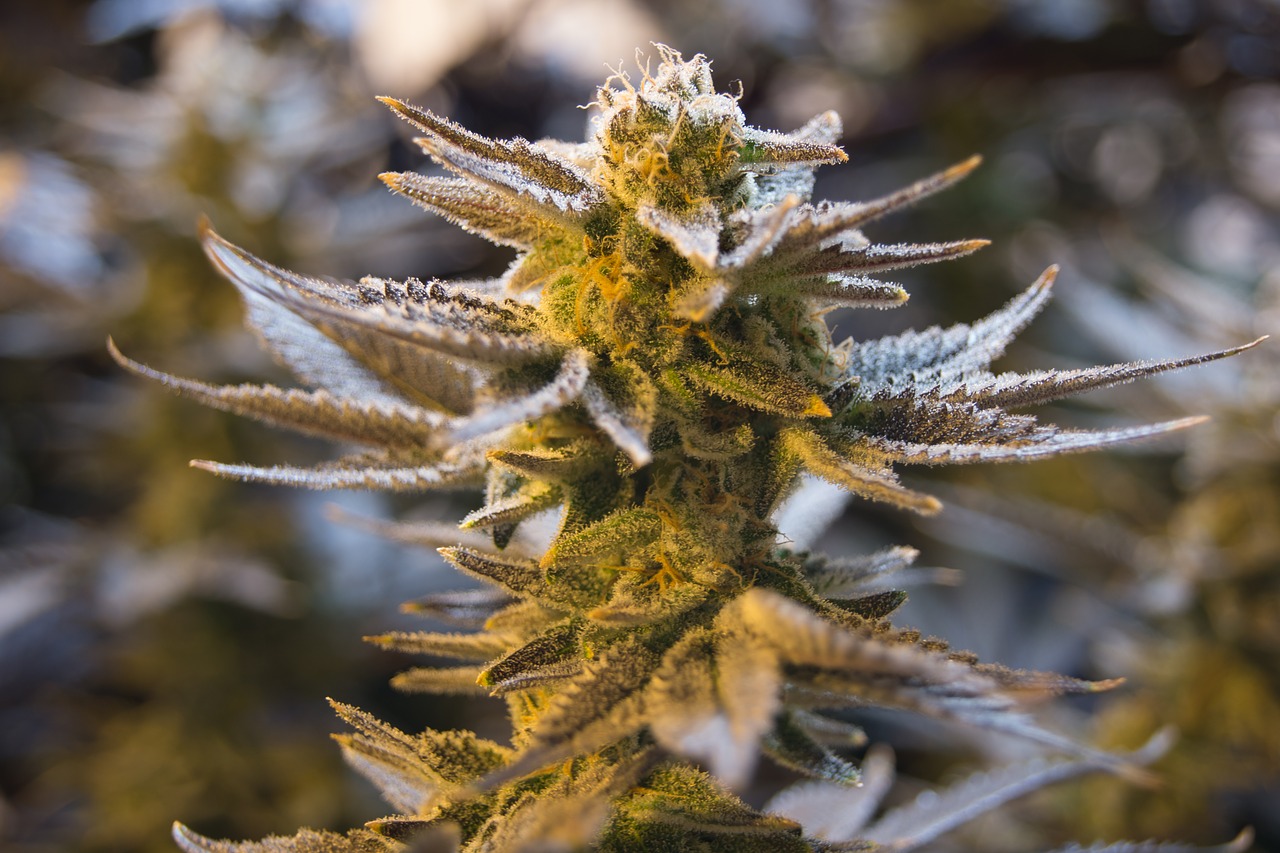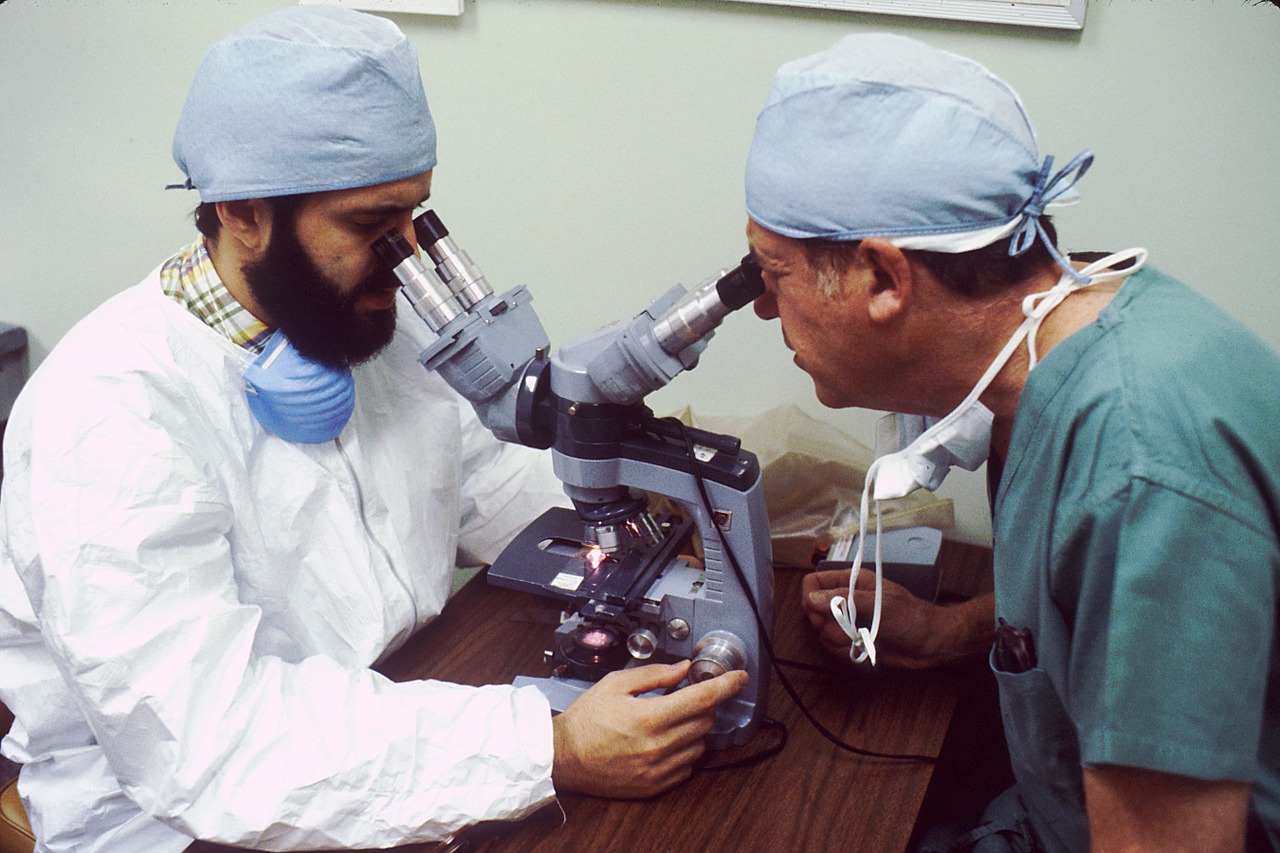
New Biotech Missions to Focus On Drug Resistance, Fortified Crops
- News
- 1.5K
Minister for science and technology Dr. Harsh Vardhan on Tuesday announced new missions in five important areas including antibacterial resistance, fortified crops and affordable vaccines for endemic diseases.
He made the announcement while speaking at a function to mark the foundation day of the Department of Biotechnology.
The mission on maternal and child health will focus on developing tools for predicting pre-term births. It will build upon a programme in May 2015 under which women at less than 20 weeks of gestation were enrolled and followed with intensive clinical, epidemiological, genomic, epigenomic, proteomic and microbial investigations. The idea was to find out molecular risk markers and generate a risk prediction algorithm for pre-term birth. The aim is to facilitate timely referral and care for at-risk mothers.
Another mission will focus on strengthening vaccine development capacities in the country in collaboration with the academia, industry and other stakeholders. An inter-ministerial mechanism will be established for vaccine development and testing to address disease threats and to prepare the public health system to respond to disease threats. It will also seek to engage with the global initiative called Coalition for Epidemic Preparedness Innovations.
The third mission will take forward research in the development of bio-fortified and protein-rich wheat being conducted at National Agri-Food Biotechnology Institute, Mohali. The institute has already developed some bio-fortified color wheat lines by crossing exotic germplasm with an Indian cultivar. The wheat lines have been registered with the National Bureau of Plant Genetic Resources and approved by the Food Safety and Standards Authority of India.
The mission on anti-microbial resistance would help develop indigenously and cost-effective diagnostic kits and therapies and establishment of a bio-repository for AMR-specific pathogens. The fifth mission will focus on developing and deploying innovative technological interventions for the Swachch Bharat mission of the Government. All the missions will be called Atal Jai Anusandhan Biotech Missions.
The Minister also presented various awards for the department. Dr. Ajit G.Chande of IISER, Bhopal, Dr. Pranita P.Sarangi of IIT, Roorkee, Dr. Surajit Sarkar of Delhi University South Campus and Dr. Tiwa Mukherjee of InStem, Bengaluru, received the Har Gobind Khorana-Innovative Young Biotechnologist Award for 2017.
Dr. Amar Pal Singh of NIPGR, Dr.Aparna Dixit of Delhi University, Harsh Bajaj of NIIST, Thiruvananthapuram, Dr. Nagarjun Vijay of IISER, Bhopal, Dr. Naresh L.Selokar of Central Institute for Research on Buffaloes, Hisar, Dr. Parul Mishra of University of Hyderabad, Dr. Rajanish Giri of IIT, Mandi, Dr. Umakanta Subudhi of Institue of Minerals and Materials Technology, Bhubaneswar, and Dr. Vikram Saini of AIIMS got the award for 2018. (India Science Wire)
If you liked this article, then please subscribe to our YouTube Channel for the latest Science & Tech news. You can also find us on Twitter & Facebook.


